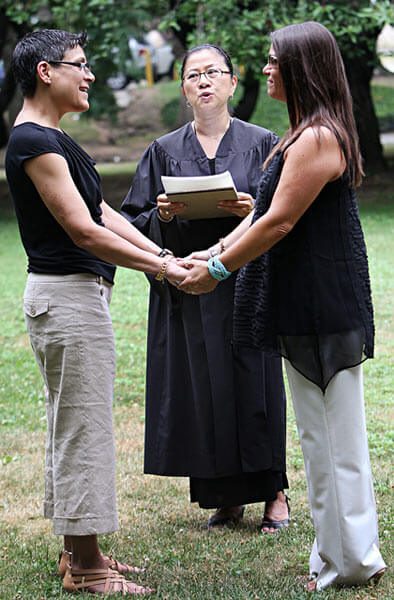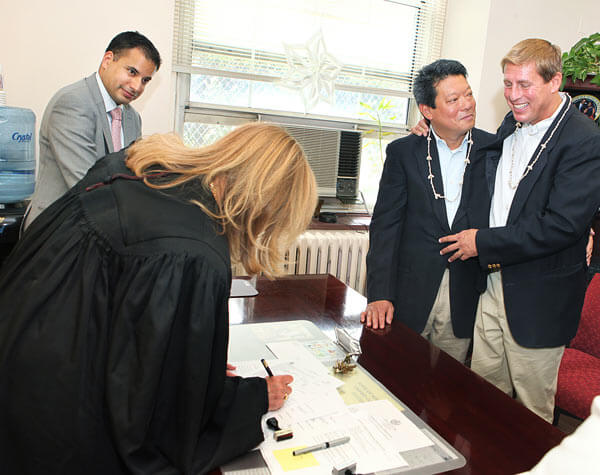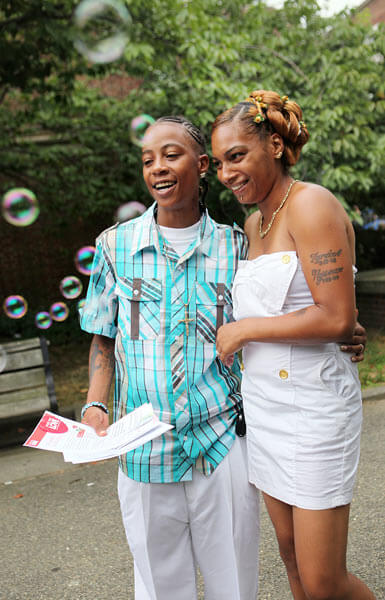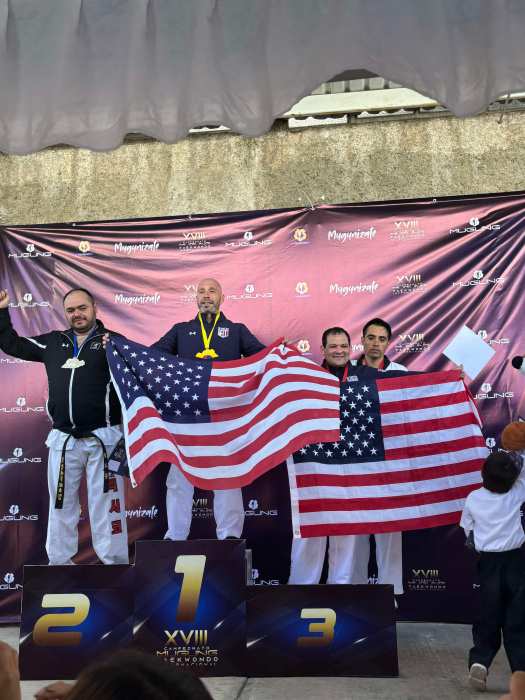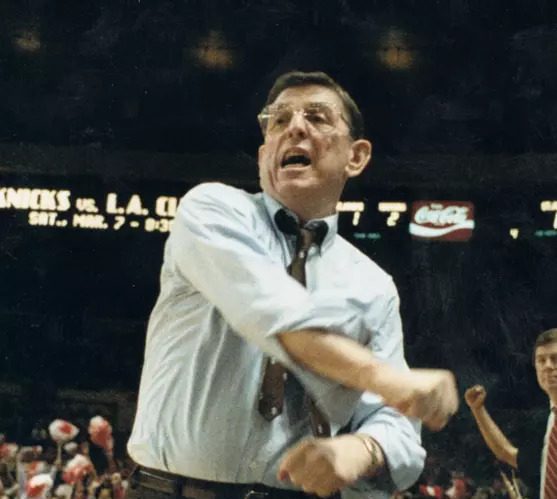By Rebecca Henely
Before Gov. Andrew Cuomo signed the bill June 24 that would legalize same-sex marriage in New York state, Astoria LGBT activist Brendan Fay and his husband, Dr. Thomas Moulton, helped same-sex couples in New York cross the border into Canada or into neighboring states to get married.
Now he receives messages from people in Ireland and Poland eager to marry in New York state.
“It was just so great to see couples getting married and right here in our city,” Fay said.
The June 24 vote came down to four Republican senators from upstate New York who voted in support of the measure, but the debate had been fought in Queens for years. The state Assembly had voted for marriage equality in 2007 and 2009.
While 2011 would see all seven Queens senators vote in favor of the bill, in 2009 five of Queens’ senators voted against the measure: current state Sens. Shirley Huntley (D-Jamaica) and Joseph Addabbo Jr. (D-Howard Beach) and former Sens. George Onorato, Hiram Monserrate and Frank Padavan.
In 2011, the Queens political scene looked much different. Onorato retired and was replaced by Michael Gianaris (D-Astoria). Monserrate had been booted from the Senate following a misdemeanor assault conviction and lost the special election for the seat to Jose Peralta (D-East Elmhurst). Padavan, Queens’ only Republican senator, lost to Tony Avella (D-Bayside) in a contentious race.
Queens also now had two openly gay city councilmen — Jimmy Van Bramer (D-Sunnyside) and Daniel Dromm (D-Jackson Heights) — to advocate for the issue.
“The presence of these two capable, community-oriented, active councilmen has shown that gay legislators will do a good job of representing their constituents across the board, which in turn reinforces the idea of gay people as members of the community,” Queens College political science professor Michael Krasner said in an e-mail.
In mid-June, a large swath of Queens legislators, led by U.S. Rep. Joseph Crowley (D-Jackson Heights), held a news conference at Queens Borough Hall in support of marriage equality. Shortly afterward, Huntley and Addabbo announced they had taken polls of their districts and found their constituents now supported it.
Their flipped votes, along with a change of heart by then-Brooklyn Sen. Carl Kruger, meant all New York Senate Democrats except for Sen. Ruben Diaz Sr. (D-Bronx) were in support of the measure.
The act passed June 24 and was signed by Cuomo the same day. A month later, 90 same-sex couples lined up at Queens Borough Hall to be married.
In November, Van Bramer and his longtime partner, Dan Hendrick, announced they will be joining those who have been married in Queens next year.
“I think the main impact has been to solidify the alliances between the gay community and the other liberal groups in the Democratic Party,” Krasner said. “I also think it may have the long-term effect of isolating anti-gay marriage groups.”
Some states have seen a backlash after granting same-sex marriages. The Supreme Court of California’s decision to allow gay couples to marry ended when voters passed the constitutional amendment known as Proposition 8. Iowa voters defeated three judges who ruled in favor of marriage equality.
Krasner said Assemblyman David Weprin’s (D-Little Neck) pro-marriage equality vote may have contributed to some religious groups voting for now-Rep. Bob Turner (R-Middle Village) in the race for the 9th Congressional District, but he said the main reasons for Weprin’s defeat were his weakness as a candidate and an anti-President Barack Obama sentiment.
Krasner said Addabbo and Huntley, as incumbents, will remain hard to beat.
Fay said that while a potential backlash was a concern, he nevertheless believes the vote was a turning point.
“I look forward to the day when all other states follow New York,” he said.
Reach reporter Rebecca Henely by e-mail at rhenely@cnglocal.com or by phone at 718-260-4564.

